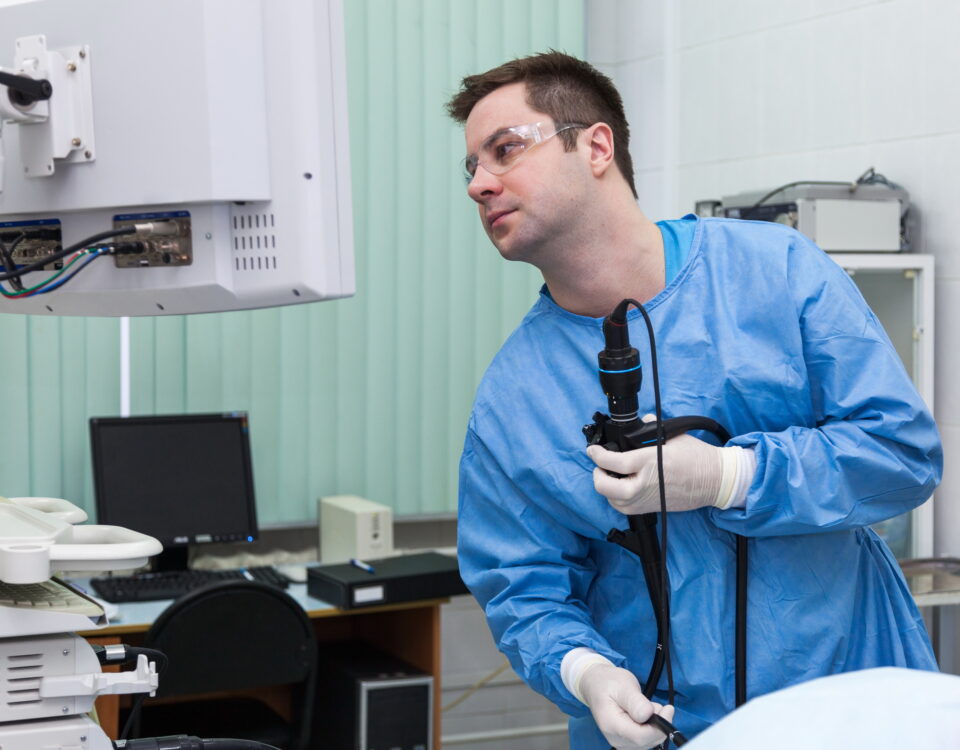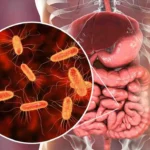
FMT for Microbiome Health & Gut Disorders 2025
October 23, 2025
Colorectal Cancer Symptoms: Stage 4 & Back Pain Truth
November 13, 2025The Gut-Brain Axis: How EUS and Upper Endoscopy Can Help Diagnose Stress-Related Digestive Issues
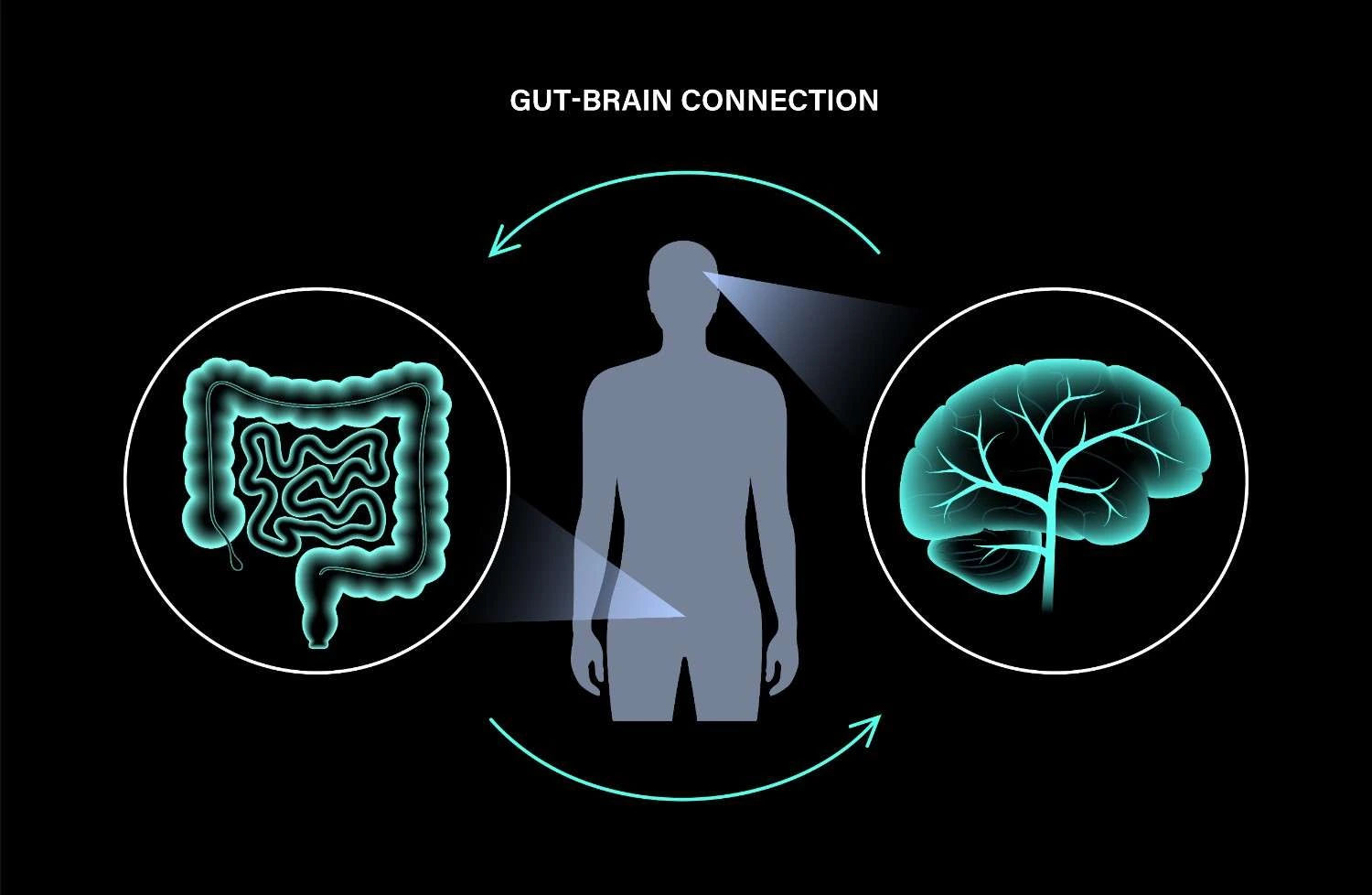
A key relationship between the emotional condition and the gastrointestinal activity is the gut-brain axis in the complex context of holistic wellness. As chronic tension is an escalating element of modern life, it can be demonstrated in the form of the constant presence of pains in the abdomen, bowel movements of various kinds or and unexplainable indigestion- all of which must be correctly taken into account. Implement advanced diagnostic tools including endoscopic ultrasound (EUS) and upper endoscopy that shed light into the underlying issues of this neural pathway. In Gastro NYC, our professional applications apply these steps in showing the digestive problems which are dependent on stress, and thus give definite action, which addresses their restoration. In need of reliable gut health testing or wanting the alternative to anxiety-related GI symptoms, this guide discusses how such technologies position the setting of good management in 2025.
Get started by booking your consultation online now!
Decoding the Gut-Brain Axis: A Foundation for Digestive and Mental Harmony
The gut-brain axis is a highly complex system of communication between the central nervous system, enteric nervous system (so-called second brain), hormones and microbiota. This two-way communication affects the regulation of mood, the immune system, and the intake of nutrients. Any type of disturbance in this case may increase stress reaction, causing increased inflammation or change of motility along the digestive tract.
Recent discoveries indicate that psychological stress alters the gut flora which can further worsen other health-related problems, such as functional dyspepsia or irritable bowel syndrome (IBS). An example is that high levels of cortisol due to continuous anxiety can affect barrier functioning leading to the toxins causing a systemic effect. The importance of learning about this interplay is that it is essential in providing all-inclusive tests in the evaluation of persistent GI complaints.
We provide comprehensive screenings of our patients taking into account these relationships, which will assist in identifying when emotional considerations are the causes of physical symptoms.
The Impact of Stress on Gut Health: Recognizing the Signs
The gut-brain pathway can be inaccurately controlled by long-term exposure to stress factors, at work, in relations, or in the occurrence of events in the world, and it will lead to bowel dysfunction, including bloating, nausea, or irregular bowel movements. According to the up-to-date statistics of 2020, the rush in such disorders is observed without mentioning the fact that many of them have augmented the symptoms due to the isolation during the pandemic. This co-ordination of the stomach brain is further enhanced when one is in a state of mental distress thus following up the rise in anxiety with the broken gastric rhythms.
Common indicators include:
- Abdominal pains that are constant, and there are no apparent organic causes.
- Change of weight or lack of appetite or unexplainable increase in weight.
- Slothfulness mingled stomach sickness.
Early notifications will lead to early interventions and our market gurus at Gastro NYC will guide you in the process of identifying these trends as part of general wellness plans.
Upper Endoscopy: A Key Tool for Uncovering Surface-Level Stress Effects
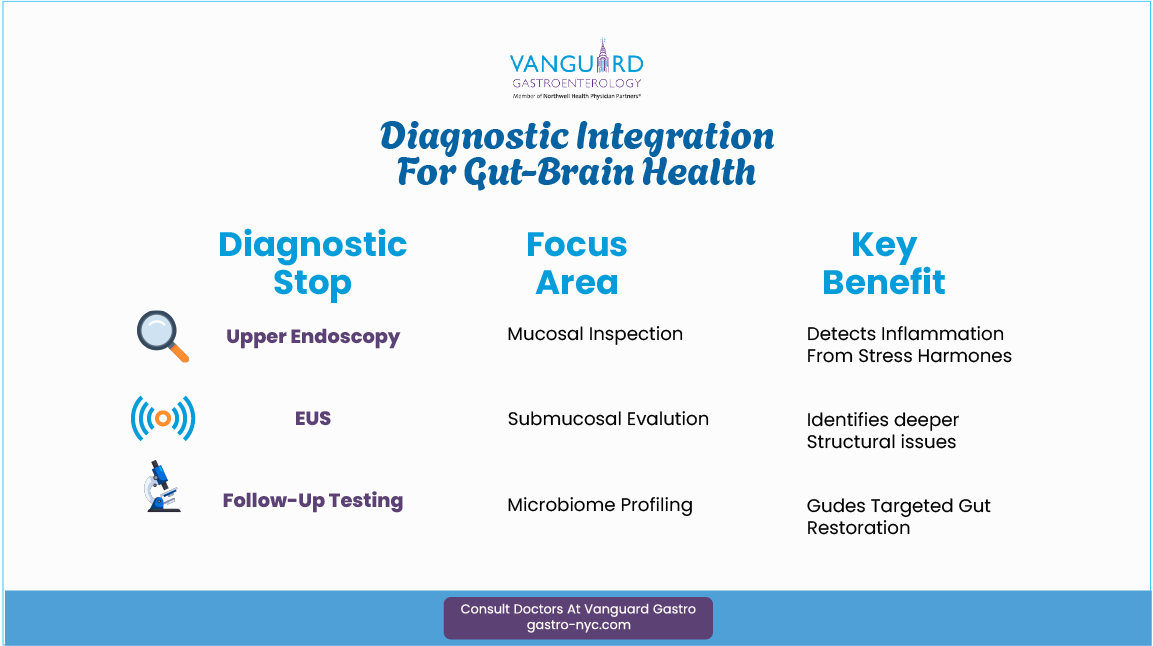
The upper endoscopy, which is minimally invasive, gives a direct view into the esophagus, stomach, and duodenum in an attempt to determine the presence of inflammation, ulcer, or erosion, which in most cases is aggravated by stress hormones. The specialists can perform a biopsy on tissues with the assistance of a small tube with an inbuilt camera that can help in eliminating infections or malignancies that mimic issues associated with apprehension.
The diagnostic success of this technique is high in functional disorders of the gut-brain axis of which a diagnostic success of up to 30% of dyspepsia-like symptoms has been reported. Of particular use was the ability to differentiate between organic and functional problems to take the right directions towards relief.
Learn more about our upper endoscopy service that can help in the proper diagnosis of the gut.
Harnessing EUS for Deeper Insights into Gut-Brain Related Disorders
Endoscopic ultrasound (EUS) is another step of endoscopy that follows the principle of combining endoscopy with high-frequency sound waves to examine submucosal layers, organs and lymph nodes adjacent to the endoscopic site. This is required in stress related diseases involving the pancreas or biliary such as chronic pancreatitis which is further complicated by the emotional stress.
EUS is also quite effective in detecting small masses like cysts or neuromas that are not detected by upper endoscopy and staging of potential complications in GI diseases. To serve as an example, it is worthwhile to evaluate the motility deficiency issues related to the issues of the vagus nerve in the gut-brain system, which will provide a comprehensive approach to the creation of a particular treatment option.
EUS being more sophisticated services (similar to ERCP) can be considered an element of the holistic care plan.
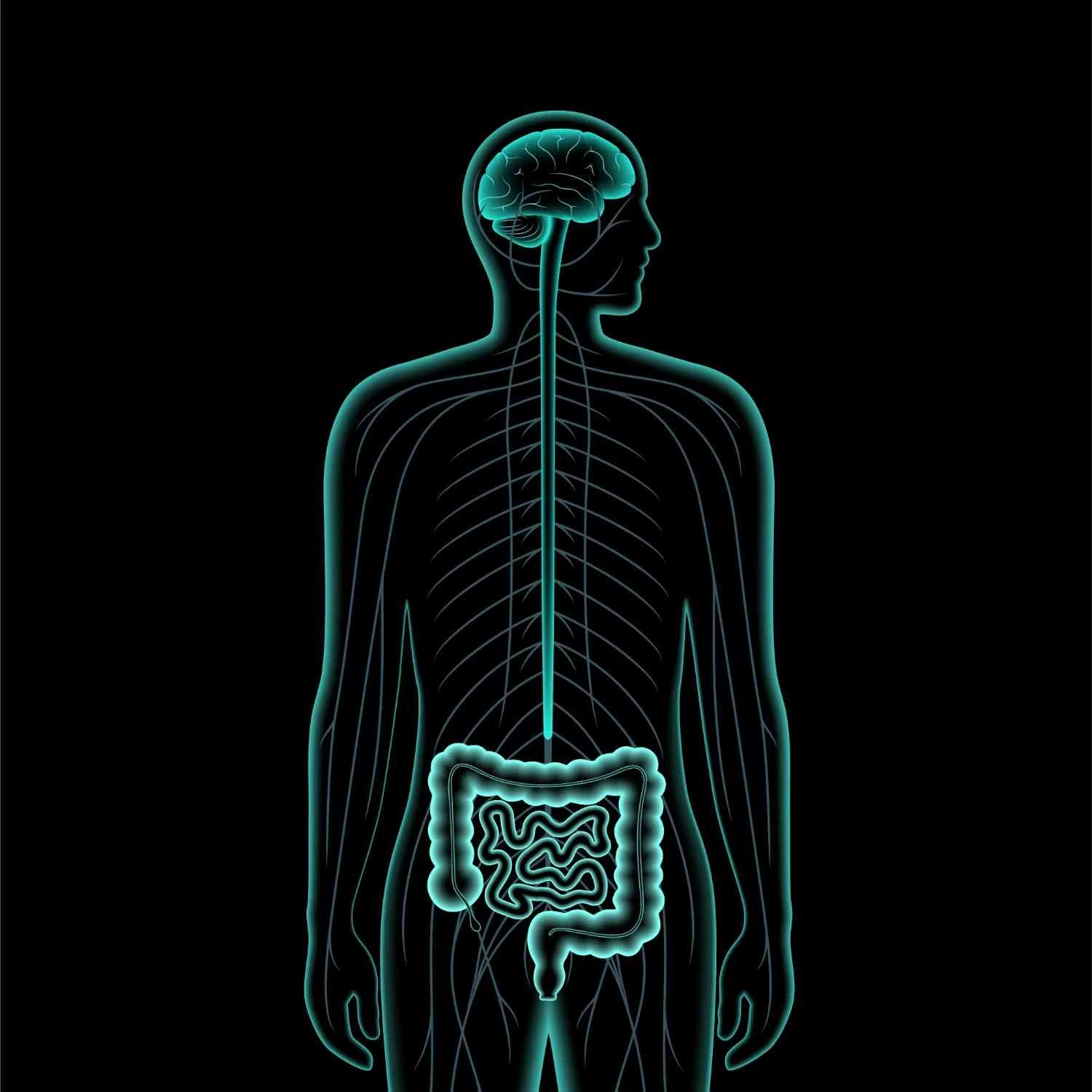
Integrating Diagnostics with Lifestyle Approaches for Optimal Outcomes
Washed microbiota transplantation (WMT) with enhanced safety and efficacy in more widespread usages is also included in the future of 2025. Collective fecal microbiotherapy is one of the potentially effective therapies in cancer where it complements immunotherapy by oral means. The investigations of the elderly people justify the FMT role in the diversity restoration, in the fight against age decay.
The guidelines confirm its adjunctive value although it does not take the first line in all instances of CDI. Stay informed on our blogs page on the current news in the field of digestive health.
Determining If FMT Fits Your Gut Health Needs
The use of it should be in the hand of the qualified based on their medical history - the best is recurrent and refractory IBD. The stage of risk assessment and benefits is thought to be a comprehensive consultation where the application of such alternatives as probiotics is also given consideration.
Ready to explore? Talk to our experts and explain how this microbiome repair therapy can accommodate your objectives.
Conclusion: Reclaim Your Digestive Vitality with FMT
Transplantation of fecal microbiota is a paradigm shift in the therapy of gut disorders, and the scientific restoration of your inner world. By 2025, they are expected to be even more convenient with perfected approaches and successful results to be applied to long-term wellness. We combine experience with empathy at Vanguard Gastro NYC so that we can deliver transformative care.
Is Stress Wrecking Your Digestion? Understand the Gut-Brain Axis and Get a Precise Diagnosis!
Ready to understand the cause of your stress-related digestive issues? Contact us now or book an online appointment for advanced diagnostic care!
Midtown:📞 (212) 889-5544 📍 36 East 31 Street Suite 701 New York City, NY 10016
Broadway (The Woolworth Building): 📞 (212) 889-5544 📍 233 Broadway Suite 2750, New York, NY 10279
Frequently Asked Questions (FAQs)
Q2: What is the safety of FMT in 2025?
Now that oral products are approved by the FDA and patients are tested, it is very safe. If performed in a clinic, there is a very low risk of the procedure; any side effects would most likely be mild and transient with a trained provider monitoring closely.
Q3: What is the difference between traditional FMT and newly available oral methods?
Oral capsules like Vowst are convenient and non-invasive, and traditional FMTs allow for a more controlled delivery with colonization of the intestines.
Q4: How soon will I see improvement from an FMT?
Most people experience results within days to weeks, a total microbiota stabilization could take months to return to normal, depending on the condition.
Q5: Where can I learn about FMT services?
Please visit the Fecal Microbiota Transplantation (FMT) page, where you can learn more, as well as contact our team.


